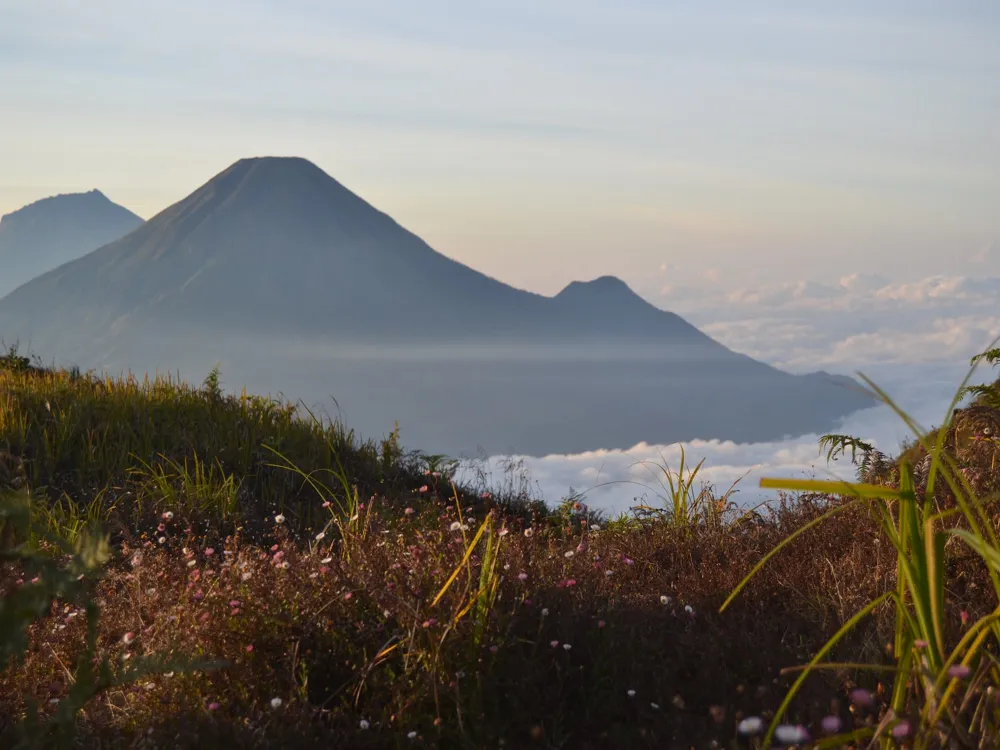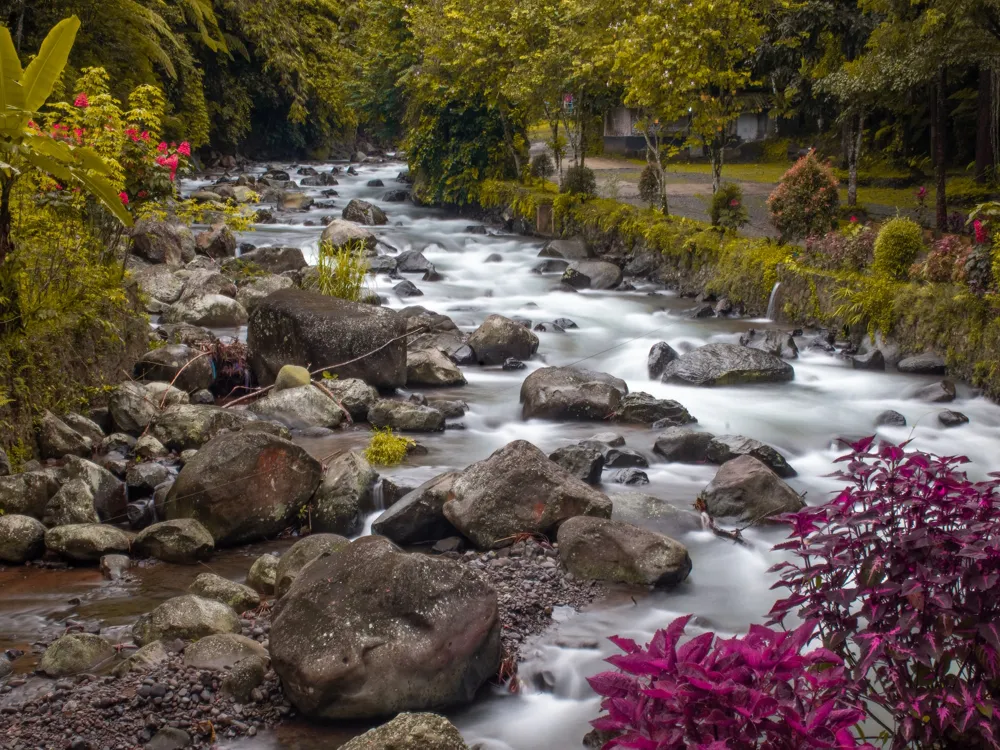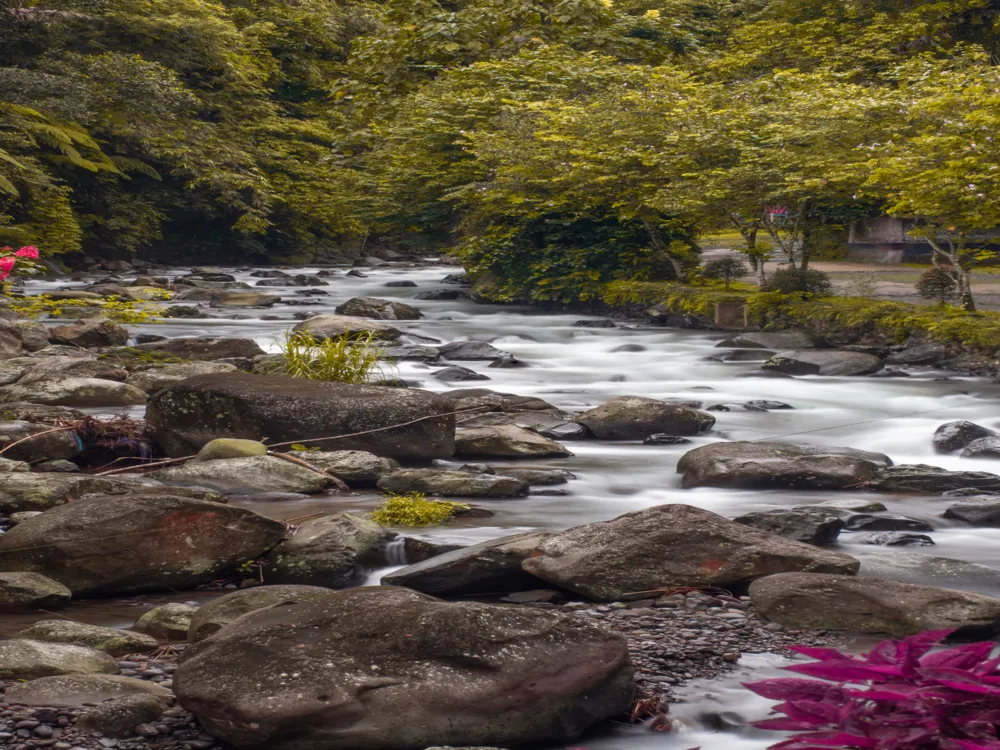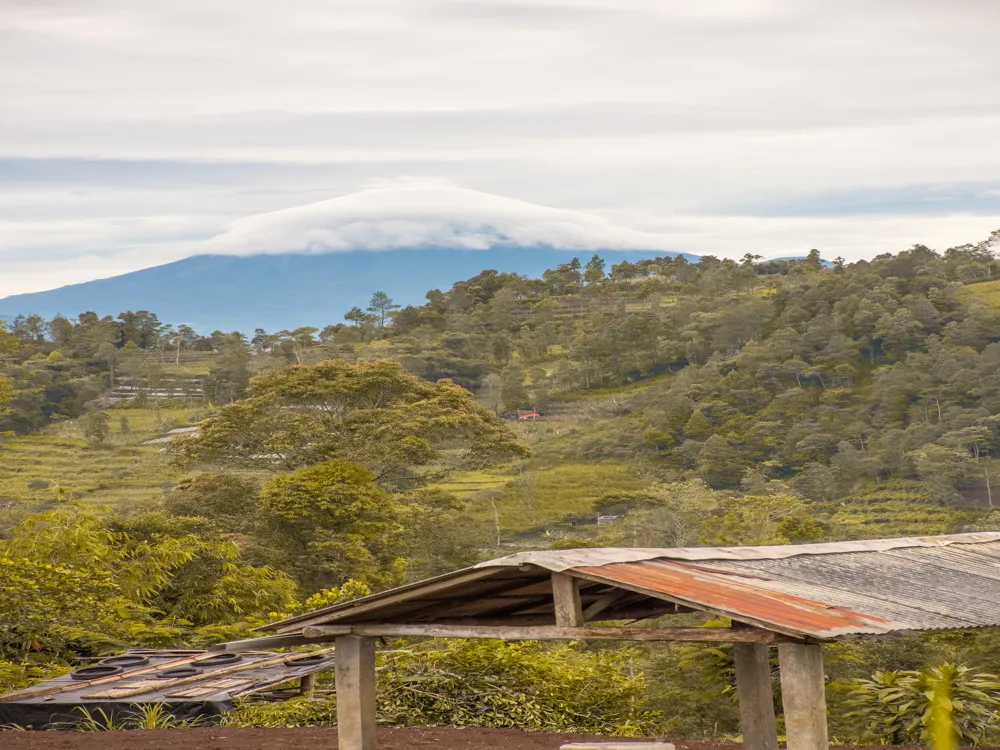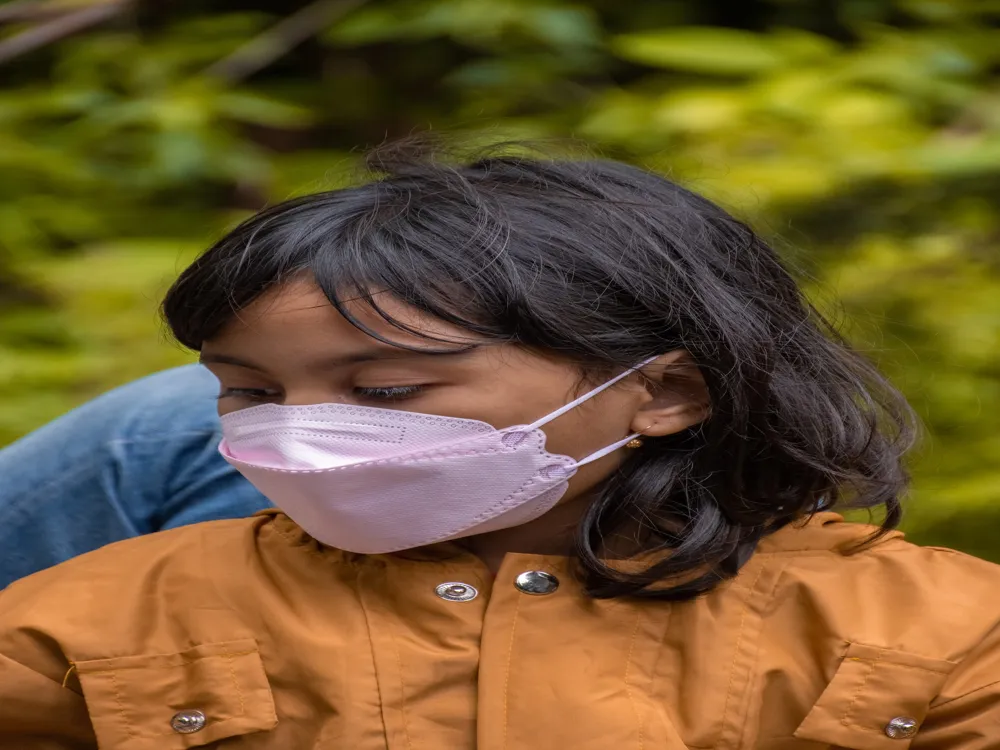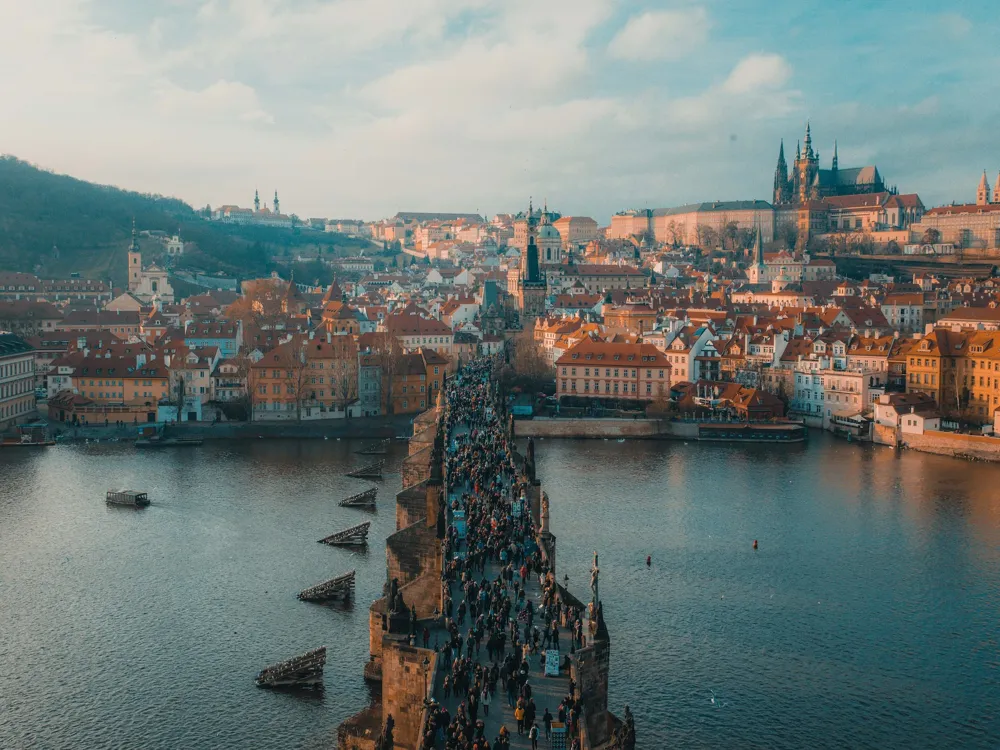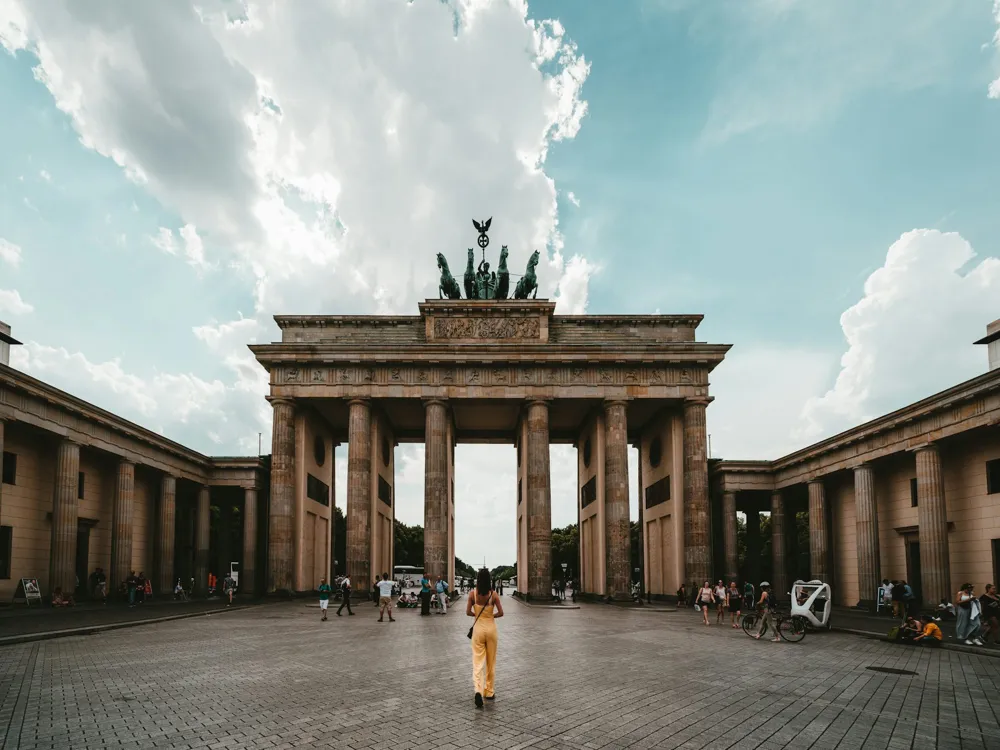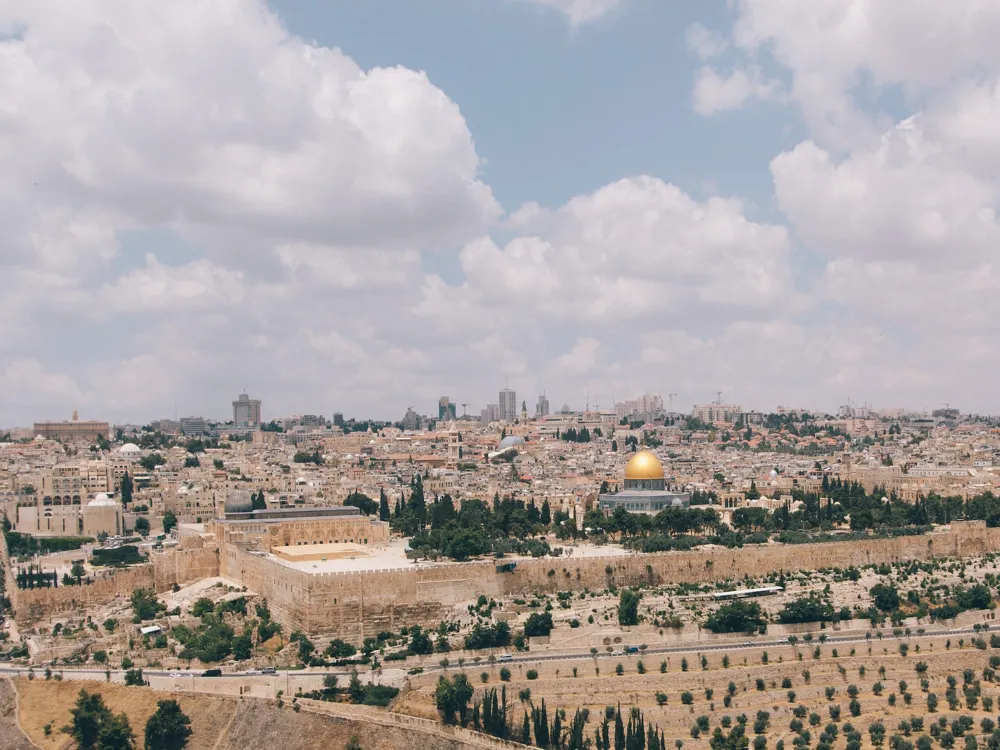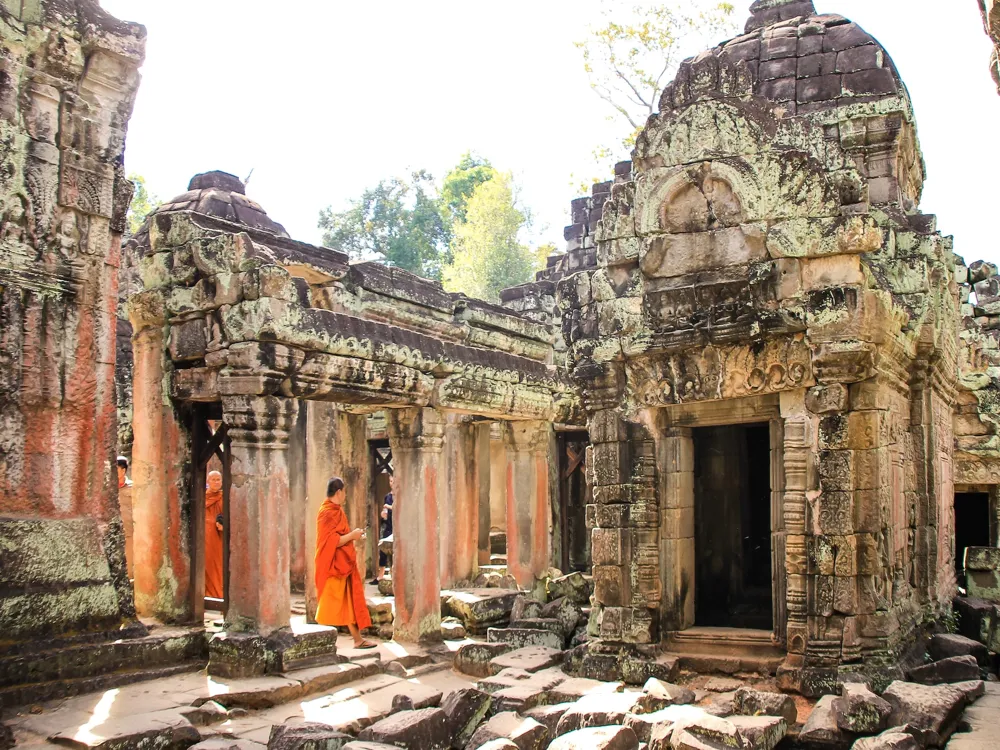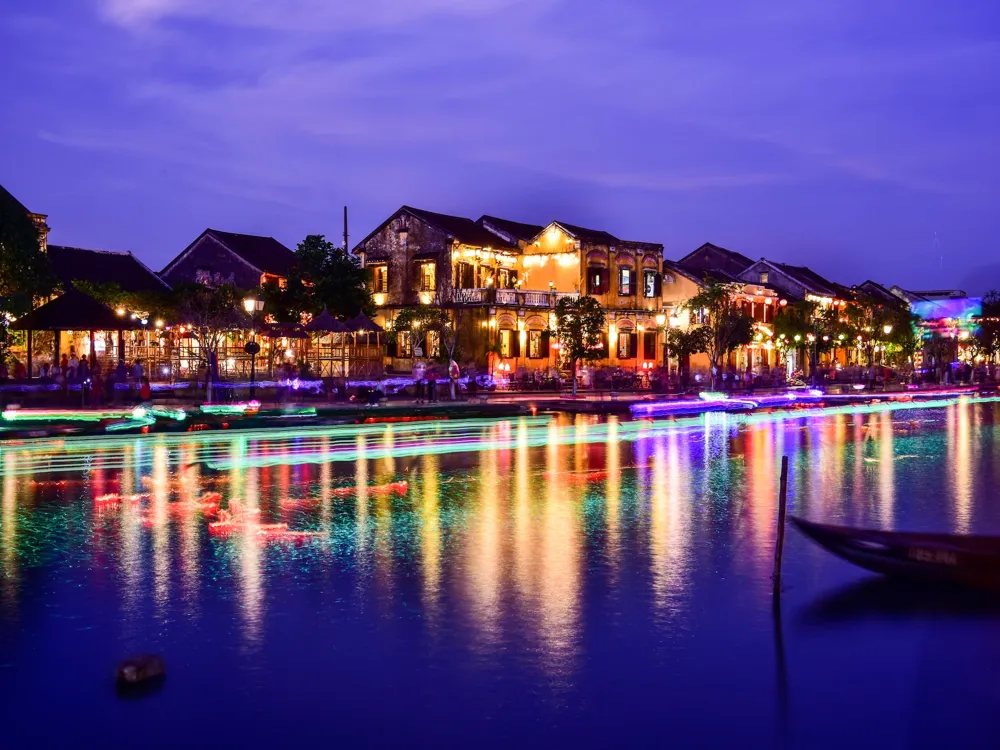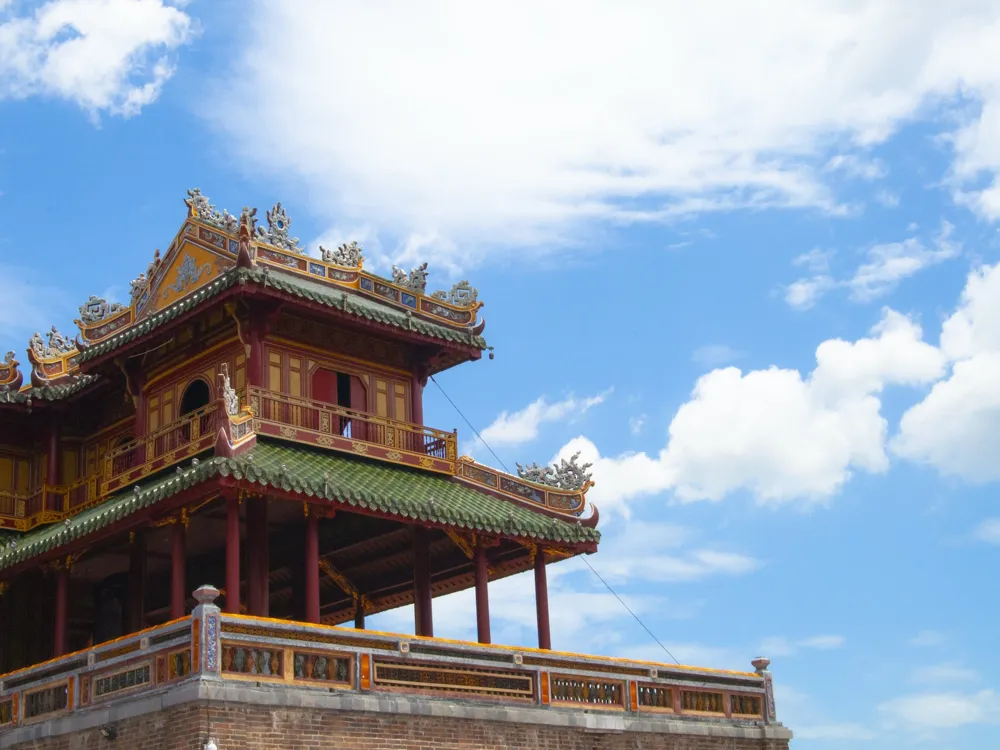Best Time to Visit Dieng Plateau
Indonesia
13 out of 41 Places to visit in IndonesiaNaN onwards View Packages
Get Customized PackagesThe Land of Diversity
Top Hotel Collections

Private Pool

Luxury Hotels

5-Star Hotels

Pet Friendly
What is the Best Time to Visit Dieng Plateau?
Nestled in the heart of Indonesia, Dieng Plateau is a captivating destination offering a unique blend of natural beauty and cultural richness. If you're planning a visit, timing is crucial to make the most of your experience. Let's delve into the intricacies of the best time to travel to Dieng Plateau and explore the nuances of each season.
More about Best Time to Travel to Dieng Plateau
Travel Peak Season in Dieng Plateau
The peak season in Dieng Plateau, typically spanning from June to August, is a spectacle of vibrant landscapes and pleasant weather. During this period, the temperature hovers around a comfortable 15 to 20 degrees Celsius. The vibrant hues of blooming flowers and clear skies create a picturesque setting, making it an ideal time for nature enthusiasts and photography aficionados to immerse themselves in the breathtaking scenery.
Travel Offseason in Dieng Plateau
For those seeking a more tranquil experience, the offseason from November to February offers a unique charm. Although the temperatures can drop to 5 degrees Celsius, the misty landscapes and serene ambiance provide an intimate encounter with Dieng Plateau's natural wonders. The sparse crowds during this period allow for a more personal connection with the surroundings.
Dieng Plateau Travel Packages
View All Packages For Dieng Plateau
Dieng Plateau in Shoulder Season
The shoulder seasons of March to May and September to October offer a perfect compromise between the peak and offseasons. During these months, the weather is mild, and the landscape is transitioning, creating a dynamic and ever-changing backdrop. Exploring during the shoulder seasons allows you to witness the transformation of flora and fauna, providing a diverse and engaging experience.
Dieng Plateau in Hot Season
The hot season, spanning from April to October, is characterized by warmer temperatures, making it an excellent time for outdoor activities. While the days can be warm, the evenings tend to be cooler, offering a pleasant contrast. Adventure seekers can indulge in trekking, hiking, and other outdoor pursuits without the hindrance of heavy rainfall.
Dieng Plateau in Rainy Season
Contrary to what one might expect, the rainy season from November to March has its allure. The occasional showers enhance the lush greenery, and the misty atmosphere adds an ethereal touch to the landscape. It's a fantastic time for those who appreciate the dramatic beauty of a rainy day, provided you come prepared with appropriate rain gear.
Dieng Plateau in Cool Season
The cool season, spanning from December to February, ushers in lower temperatures, creating a crisp and refreshing atmosphere. This period is ideal for travelers who enjoy cooler climates and want to avoid extreme cold. The cool season provides a comfortable setting for exploring the cultural sites and natural wonders of Dieng Plateau.
Places To Visit In Dieng Plateau
Nearby Places Dieng Plateau
Dieng Plateau Photos
View All Photos For Dieng PlateauBrowse Package Collections
Browse Hotel Collections
Faq
When is the best time to visit Dieng Plateau?
The ideal time to visit Dieng Plateau is during the dry season, which typically runs from May to September. During these months, the weather is pleasant, and you can explore the attractions without the hindrance of heavy rainfall.
What is the weather like in Dieng Plateau during the dry season?
The dry season in Dieng Plateau offers cool temperatures ranging from 10 to 20 degrees Celsius (50 to 68 degrees Fahrenheit). Days are generally sunny with clear skies, providing optimal conditions for outdoor activities.
Are there any specific months to avoid visiting Dieng Plateau?
It's advisable to avoid the rainy season, which occurs from October to April. Heavy rainfall during these months may lead to slippery paths and limited visibility, affecting your overall experience.
Are there any festivals or events that coincide with the best time to visit Dieng Plateau?
Yes, the Dieng Culture Festival usually takes place in August. This event showcases traditional performances, art, and rituals, providing visitors with a unique cultural experience. Planning your visit during this time can add an extra layer of enjoyment to your trip.
What should I pack for a visit during the recommended months?
Pack light layers for the daytime and warmer clothing for the cooler evenings. Comfortable walking shoes, a rain jacket, and sunscreen are also recommended. Don't forget a camera to capture the breathtaking landscapes.

